The search for extraterrestrial life is one of the biggest mysteries in the cosmos. There are several reasons why we haven’t found it yet. It’s possible that we are isolated from other life in the universe or that previous civilizations met with some terrible fate. Another possibility is that extraterrestrials have found us but consider us too primitive to communicate with. They may have a rule like Star Trek’s Prime Directive, which prohibits interfering with less advanced species. However, despite these challenges, there’s still hope. We might just need to change our approach and look for different signs. It’s possible that a sentient species has sent out a universal message or that advanced civilizations can manipulate energy to send distinct signals. Exploring these ideas opens up exciting possibilities for communication with extraterrestrial beings.

World Paella Day: How to make the perfect traditional Valencian PaellaWorld Paella Day: How to make the perfect traditional Valencian PaellaKeep WatchingWorld Paella Day: How to make the perfect traditional Valencian PaellaKeep WatchingWorld Paella Day: How to make the perfect traditional Valencian Paella00:00/01:42
The Wow! Signal (Narrowband Radio Signal)
Narrowband Radio Signals are pretty much how we listen to local radio stations in our car or on listening devices. Yes, not all radio is satellite-based entirely. Narrowband signals are where the “FM” stations reside. Standing for “Frequency Modulation,” it was a more improved way to utilize radio signals. American engineer Edwin Armstrong is responsible for essentially inventing a way to use it. It offers high fidelity and more accurate reproduction of original program sounds as well as broadcast techniques over that of AM Broadcasting. It does not have as many issues with interference, resulting in less static and popping sounds as you’ll tend to get with AM stations.

The Wow Signal came through on the narrowband radio signals detected by the Big Ear radio telescope in August of 1977. The origin of this was unknown, but the entire concept of this telescope was to find signs of extraterrestrial intelligence. While the signal seemed to come from the Sagittarius constellation, there was nothing specific enough to trace to a specific place within the sector. Discovered by astronomer Jerry R. Ehman, the entire signal sequence lasted 72 seconds in full. Ehman was so impressed by it that he circled the intensity signal in the printout and wrote “WOW!” beside it. Giving us the name for the signal we see today. While this was thought to be a major possibility of alien communication for years, in 2017, it was discovered that comets carrying hydrogen gas caused the radio signal.

The Pioneer Anomaly
The Pioneer 10 & Pioneer 11 spacecrafts have managed to venture farther into space than most objects we’ve launched from Earth. Yet it seems that they have a lot of periods where there is unexplained deceleration when passing 20 astronomical units. This would get a spacecraft just outside of nearly outside of our solar system. This has caused many to propose some exotic possibilities, which include possible alien technology. It has been one of our most notable cosmic mysteries for a long time now, but perhaps not for long. Oddly, each Pioneer spacecraft were going to exit our solar system yet slow down under the influence of our Sun’s gravity. When slowing down more than expected, scientists knew something was odd.
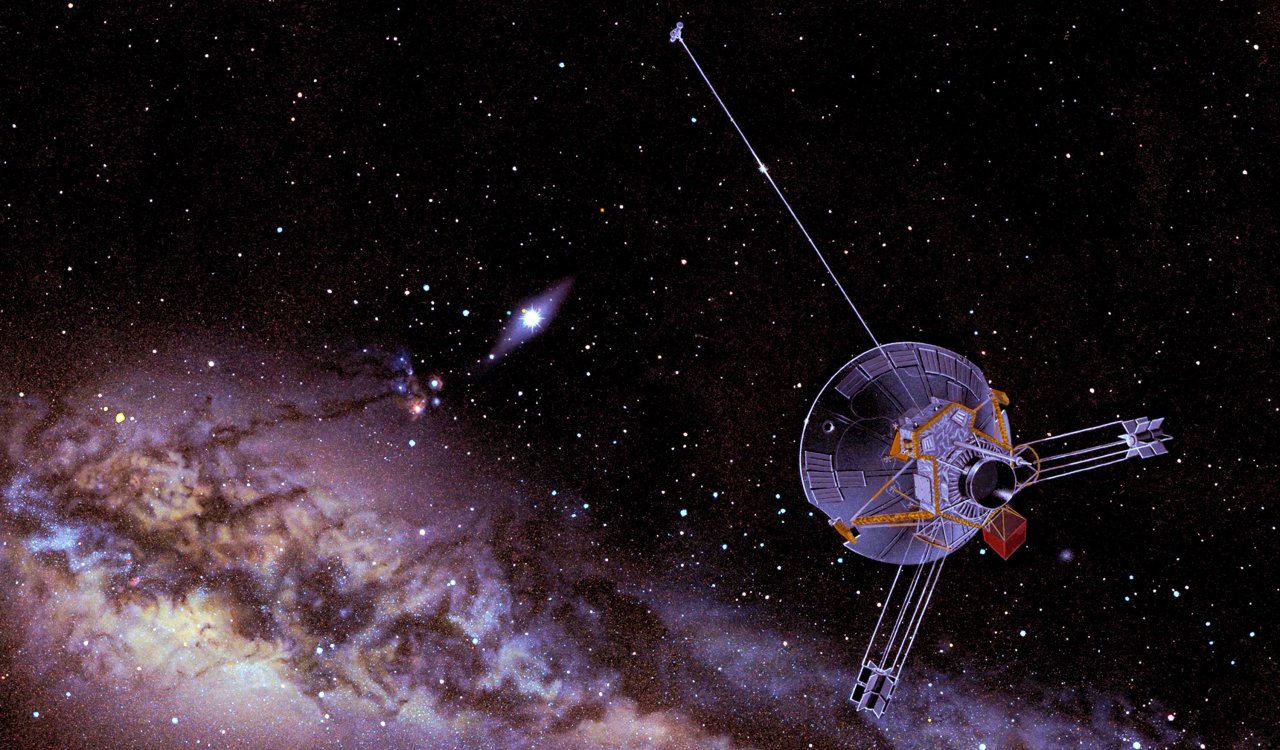
In 1980, we initially saw an anomalous acceleration but this would change. Most of the proposals for deceleration have to do with the spacecraft while others reference gravitation. Neither held up entirely. One theory proposed did seem to have some acceptance for acceleration. Since each spacecraft is surrounded by an ultra-high vacuum powered by a radioisotopic thermoelectric generator or RTG, both can only shed heat via thermal radiation. Due to this, it is possible more heat is emitted in a particular direction causing radiative anisotropy. If this is the case, they’d accelerate slightly in the direction opposite of the excess emitted radiation due to the recoil of thermal photons. While this explains acceleration changes but it does not seem to fully explain the deceleration.
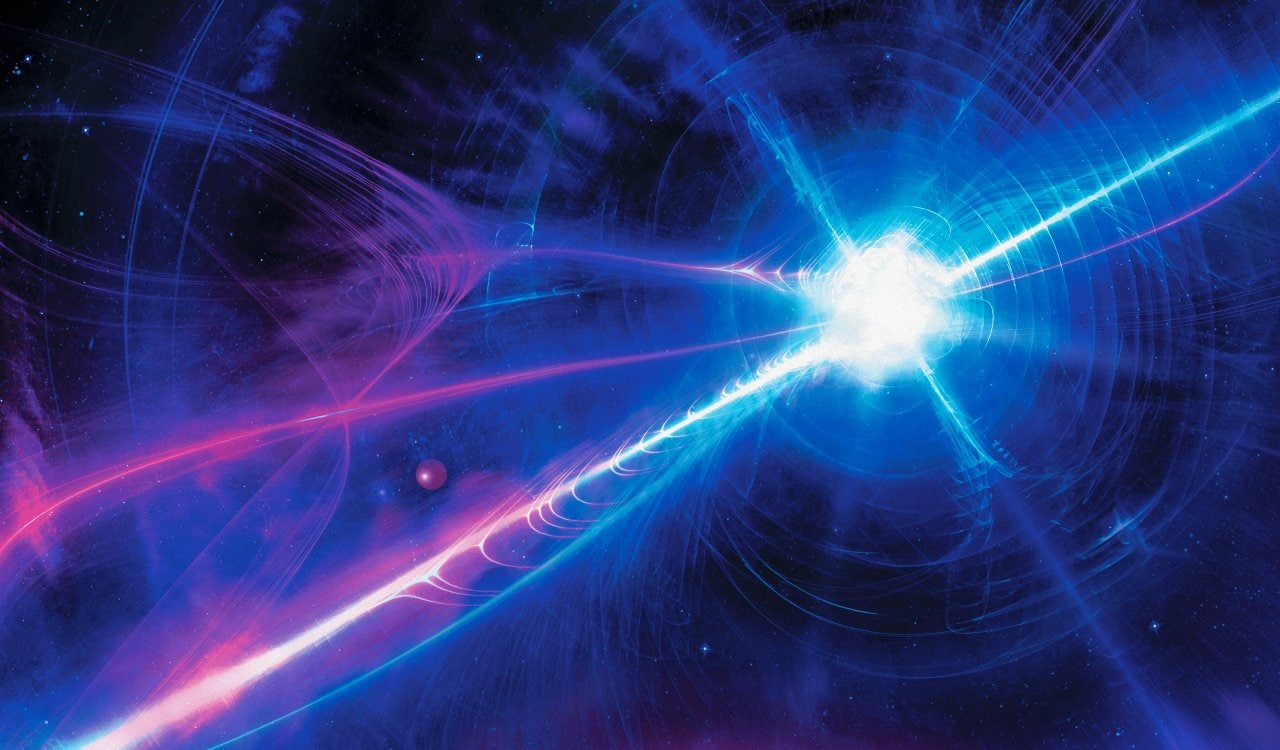
Fast Radio Bursts
Fast Radio Bursts, often referred to as FRBs, are known for being very intense bursts of radio waves that last just mere milliseconds. While the source of these bursts has not been definitively identified, most are thought to be natural in origin. Yet some scientists are under the impression that they could be from an advanced extraterrestrial civilization. While it is true that FRBs have been among the most notable cosmic mysteries for a while now, we have been able to learn a lot about them in recent years. In fact, in 2012 we were finally able to observe a signal, and then for the first time, we saw a repeated signal from the same source as a 2012 burst, this time in 2017.
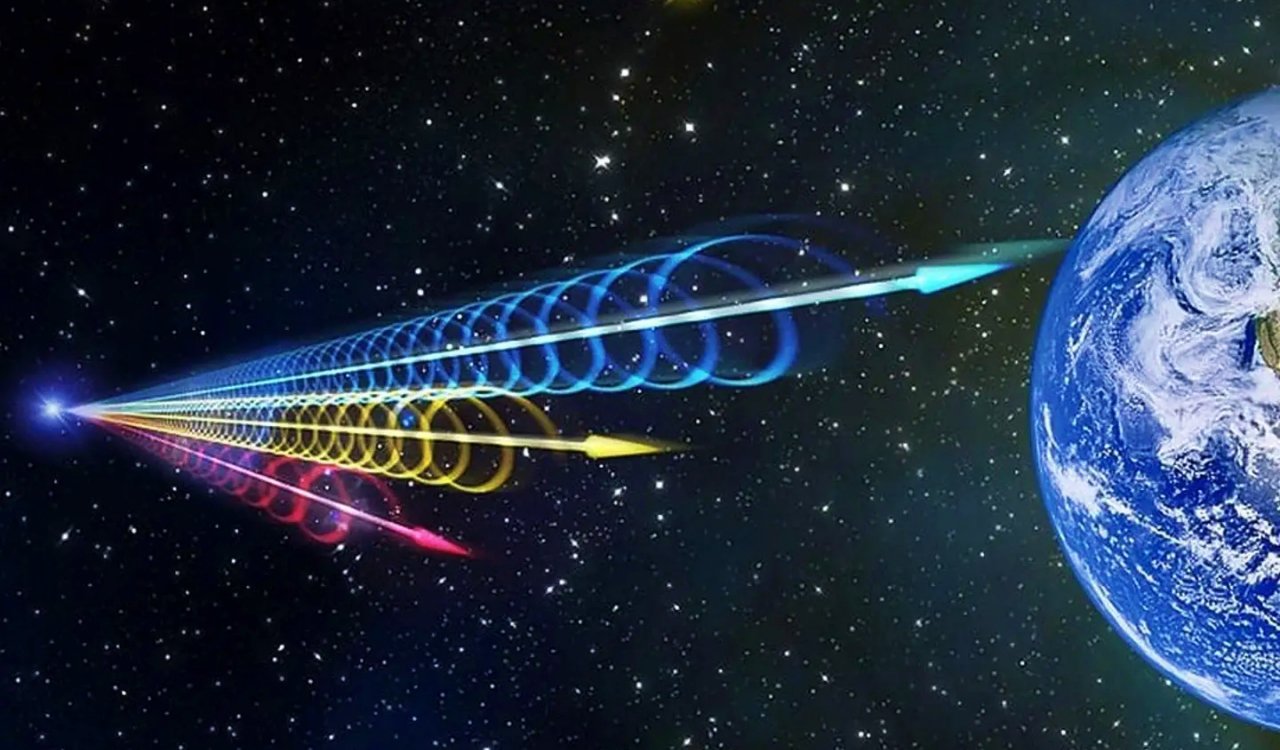
That allowed us to narrow down localization, helping us slowly track down the initial area an FRB came from. Then in January 2020, a second repeating burst happened with FRB 180916 which we managed to get a precise location on. This was from the same place we detected a gamma-ray burst, which is pretty big. We’ve been able to figure out that when FRBs are polarized, this tells us they are from a source within an incredibly powerful magnetic field. This could mean they are rotating a neutron star or even a black hole. Yet some believe this only helps to prove they are forms of alien communication. You can see how they have remained cosmic mysteries for so long, right?
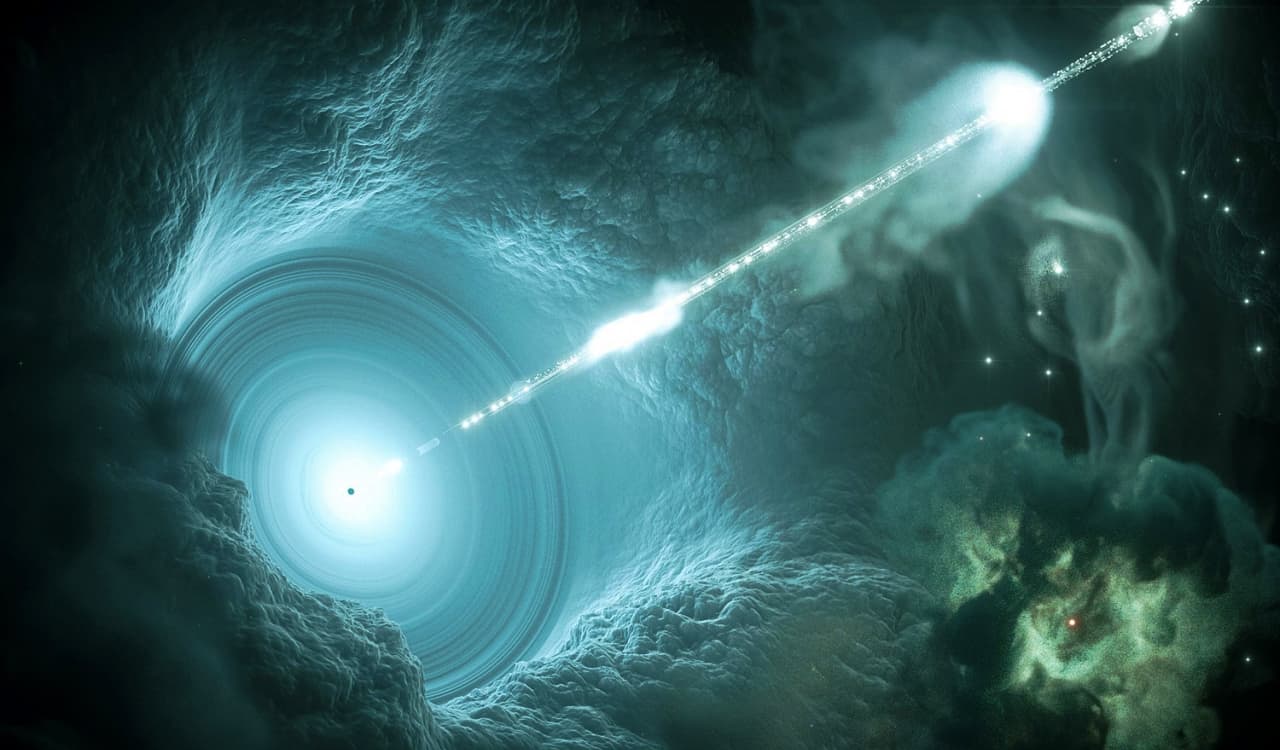
ANITA Anomaly
The Antarctic Impulsive Transient Antenna or ANITA has been getting a lot of important data for years. This is actually a high-altitude balloon that was designed specifically to detect ultra-high-energy neutrinos that come from outer space. It was launched in the Summer of 2006 and currently sits at 37,000 meters from the surface of the Earth. While the antenna is designed to detect things from outer space, it actually began to pick up a strange signal sometime in 2016 that seemed as if it was coming from beneath the ice in Antarctica. That started the wild adventure that made this one of the biggest cosmic mysteries today!
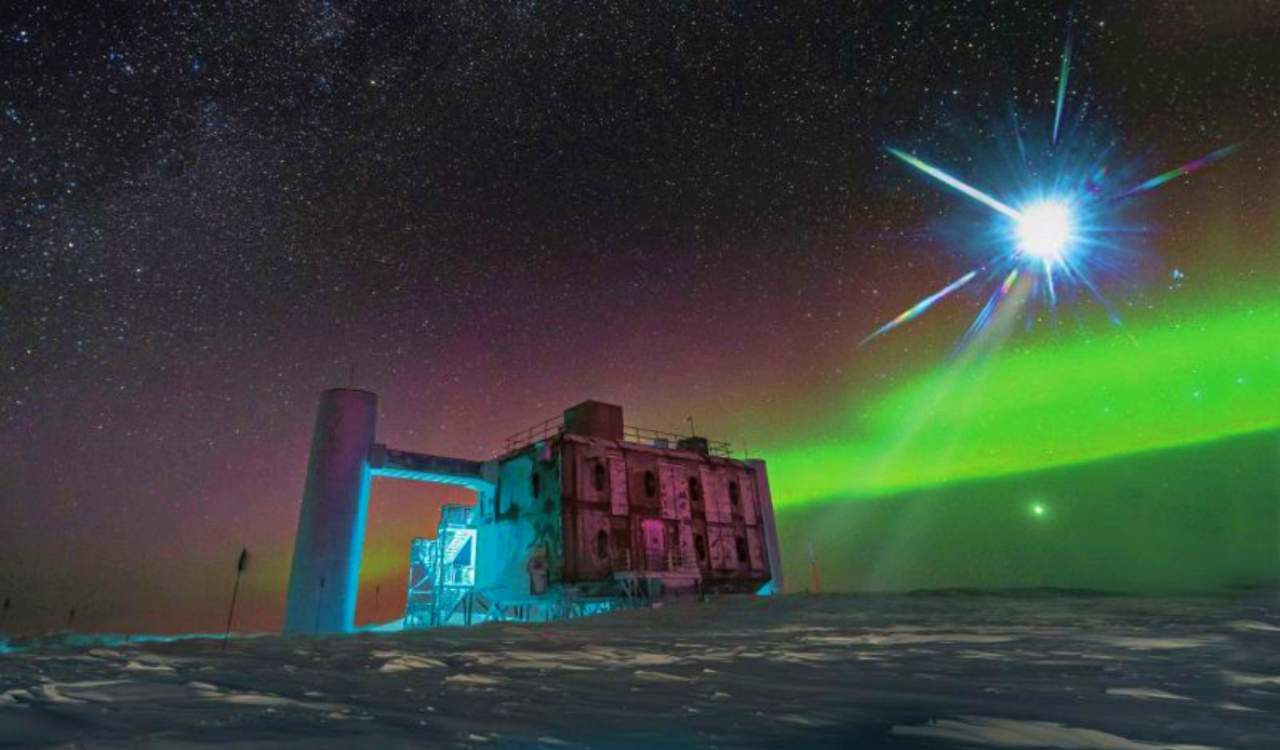
Twice in 2016, a high-energy particle seemed to burst out of the ice, which tripped detectors on the antenna above. Somehow, the particles went through the entire Earth without a scratch. One would assume this would not make sense, which is true. None of the known particles could make that trip at a high-energy level. Physicists are still trying to figure it all out. In fact, some have even chalked it up to an illusion. However, one study seems to have the best possible explanation: sub-surface firn. It adds up, as this fits everything that could cause such an anomaly.
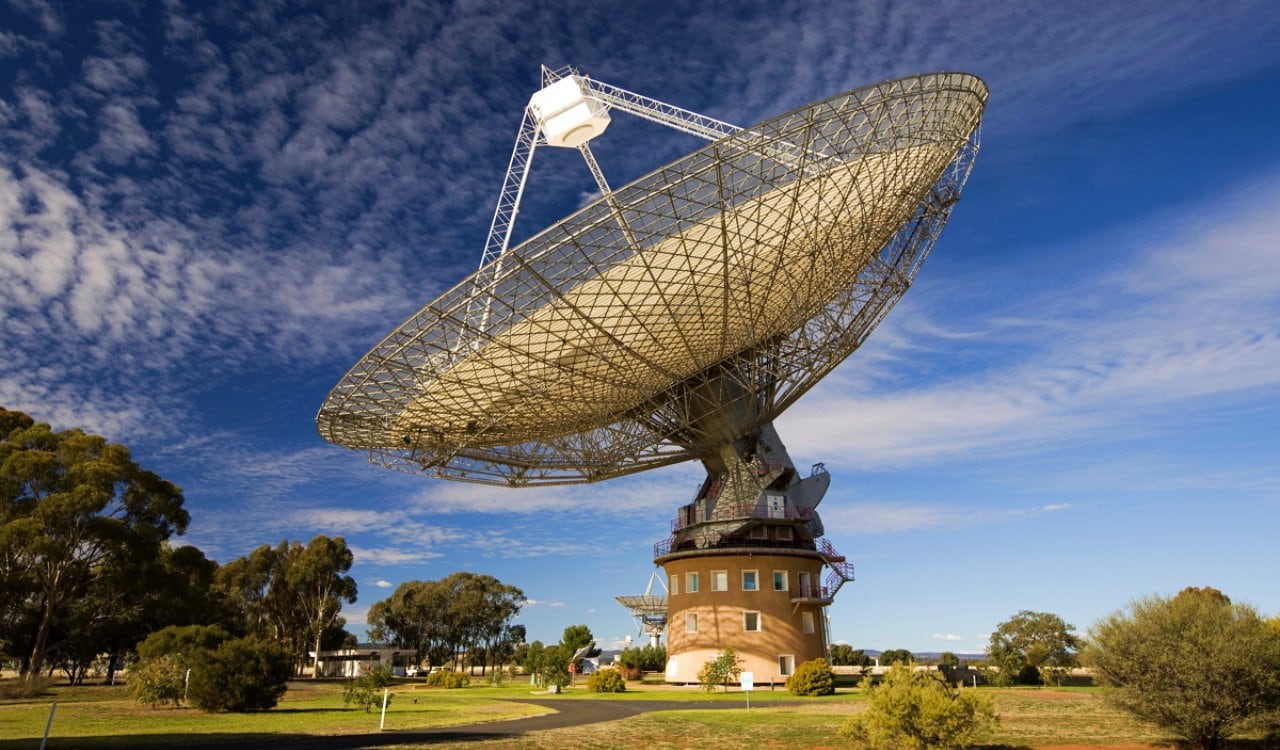
Breakthrough Listen Initiative
Launched in 2015, the Breakthrough Listen Initiative project was designed entirely to survey millions of nearby stars. What exactly were they looking for? Possible signs of sentient life, especially alien signals. The project used state-of-the-art equipment and techniques to do this, which opened up a lot of possible avenues to discover sentient life in our universe. This was a major jump for us as a species because we essentially gave ourselves several ways to spot alien communication that had never been possible beforehand. At least, when we did try some of the types used in this project, it was not as advanced or useful to us before this. It is said that this project, in just one day, generates as much data as the previous SETI projects generated in one year!
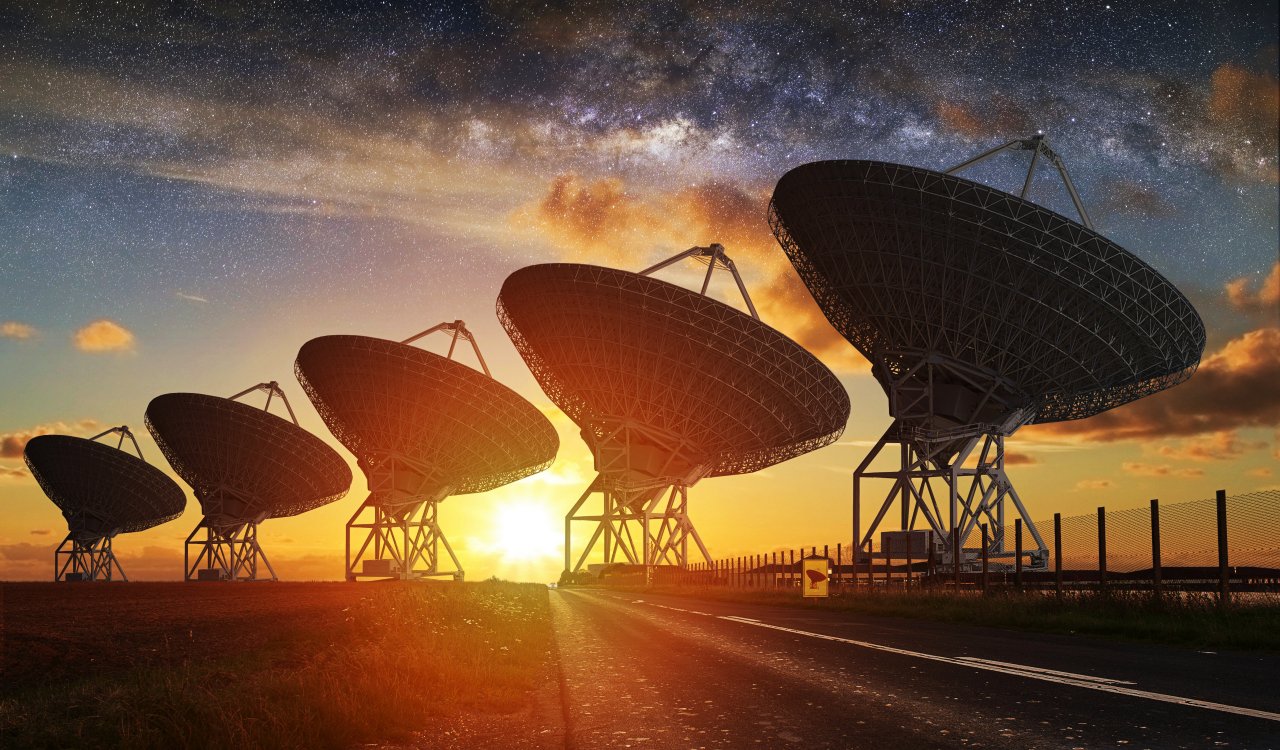
The radio signals cover 10 times more of the sky and roughly 5 times more of the radio spectrum overall. Oh yeah, and it is 100 times faster than any other radio survey program before it. Overall, it covers the 1 million closest star systems to Earth, which is insane! The optical laser used for the project also searches the deepest and broadest than anything we’ve ever made. Of course, barring the satellite telescopes that mostly collect images. What is so cool yet also problematic is how much it collects. We’ve been able to uncover some cosmic mysteries using this but most stuff tends to be pretty normal. Things that are collected that we did not know about before were not always considered alien communication. Rather, sounds of space that we never had access to previously.

The Black Knight Satellite
It should be noted that as of this writing, there is no such thing as the Black Knight Satellite. That might make you wonder…well, why are you referencing it? The reason is that this hypothetical satellite is thought to be in polar orbit around the Earth. Scientists believe that this is just a myth, but others suggest that it could be an alien artifact of some kind. That could mean that it was sent here to keep an eye on our civilization or it just happened to end up here as a form of debris. The question we have to consider is how this conspiracy theory even began. The STS-88 mission was the very first Space Shuttle mission to the International Space Station.

Astronauts spent seven days in space for this mission. It was relatively short compared to how long astronauts stay on the ISS these days. However, during that mission, several photos were taken. One of which seemed “off” compared to other things that orbited the Earth or passed by. NASA claimed this was merely just space debris, as did the astronauts when they viewed it. In fact, noted space journalist James Oberg has even claimed it was debris from a thermal blanket that was confirmed to be lost during the mission. This is why it looked different from normal space debris, but was still simple debris. That has not stopped the conspiracy, however, making it one of the cosmic mysteries still discussed today.
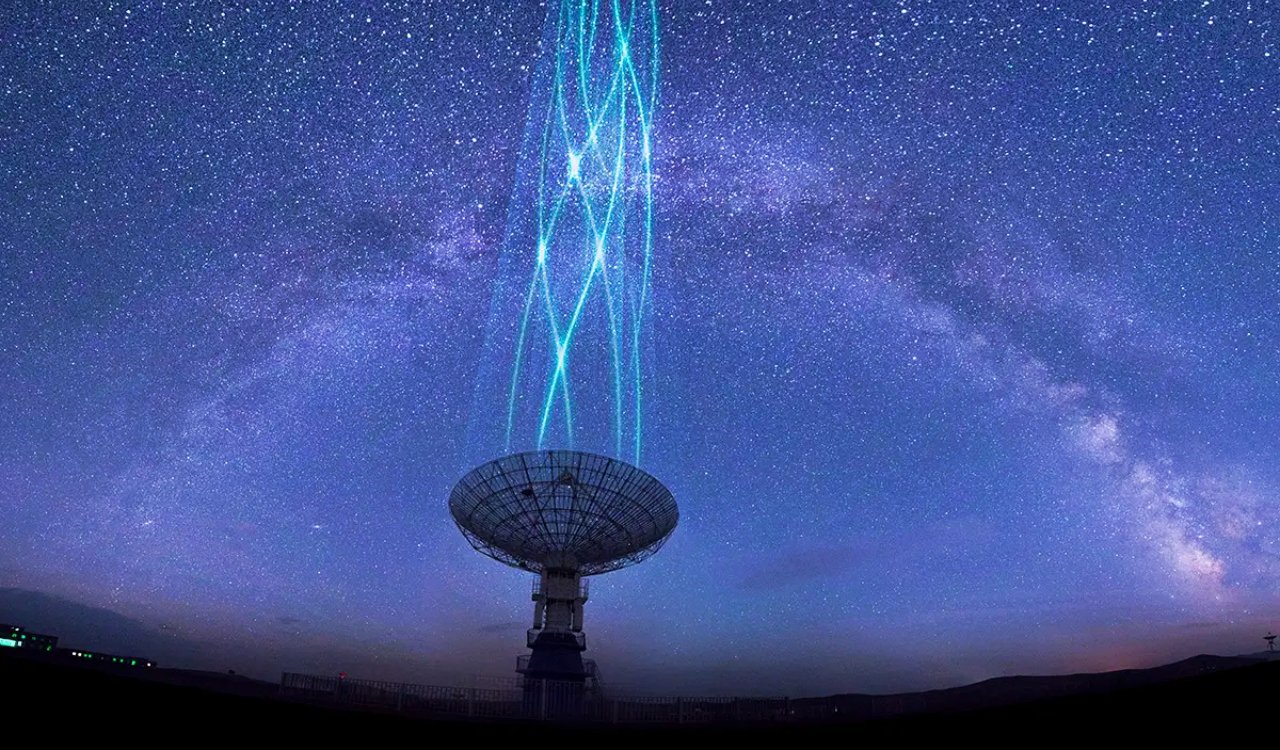
Search For Techno-Signatures
Several astronomers and scientists have been searching for the infamous “techno-signatures” in space for years. Why have we spent our time doing this? The idea is that if we can find some sort of technological use in space, it could indicate potential alien life. Of course, this includes the use of radio signals, laser pulses, or obviously astroengineering projects that could signal the presence of an intelligent, sentient alien civilization. We have found several possible techno-signatures over the years, but very few held up as they could be explained away after further investigation. Most SETI projects have not been able to find techno-signatures, but one thing has.

The U.S. Congress UFO project was relatively secret for several years but went public a few years ago. They put out videos that showed several UFOs, some of which had been online for a while but were never confirmed to be real. Not only were they real, but they were also somewhat unexplained for a while. Since then, we have been able to explain most of them. However, there are several UFOs being reported by not only commercial pilots but several Air Force pilots as well. In fact, there are even some reported by those outside of the United States. Many have yet to be explained yet, creating more cosmic mysteries that we’re excited to see more of.
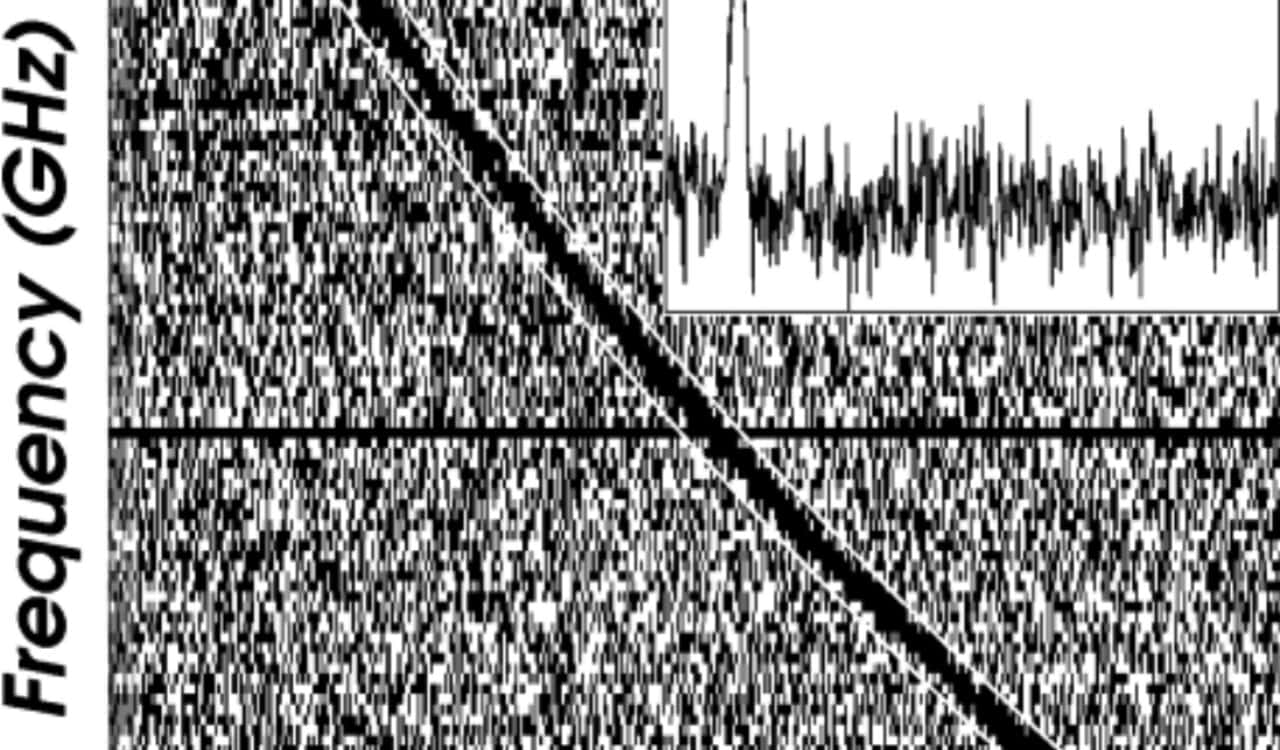
The Lorimer Burst
Unlike some of the fast radio bursts that we have discovered over the years, the Lorimer Burst has yet to be fully explained. Named after its discoverer, Duncan Lorimer, this FRB was picked up by the Parkes Radio Telescope in Australia. During one 2007 evening, a burst came through that was so short and intense, it was assumed to be a glitch in the data. However, after careful investigation, it was later determined to be a real astrophysical event. To this day, the cause of the burst is still unknown. Of course, some scientists have tried to explain it or find potential causes that make more sense.
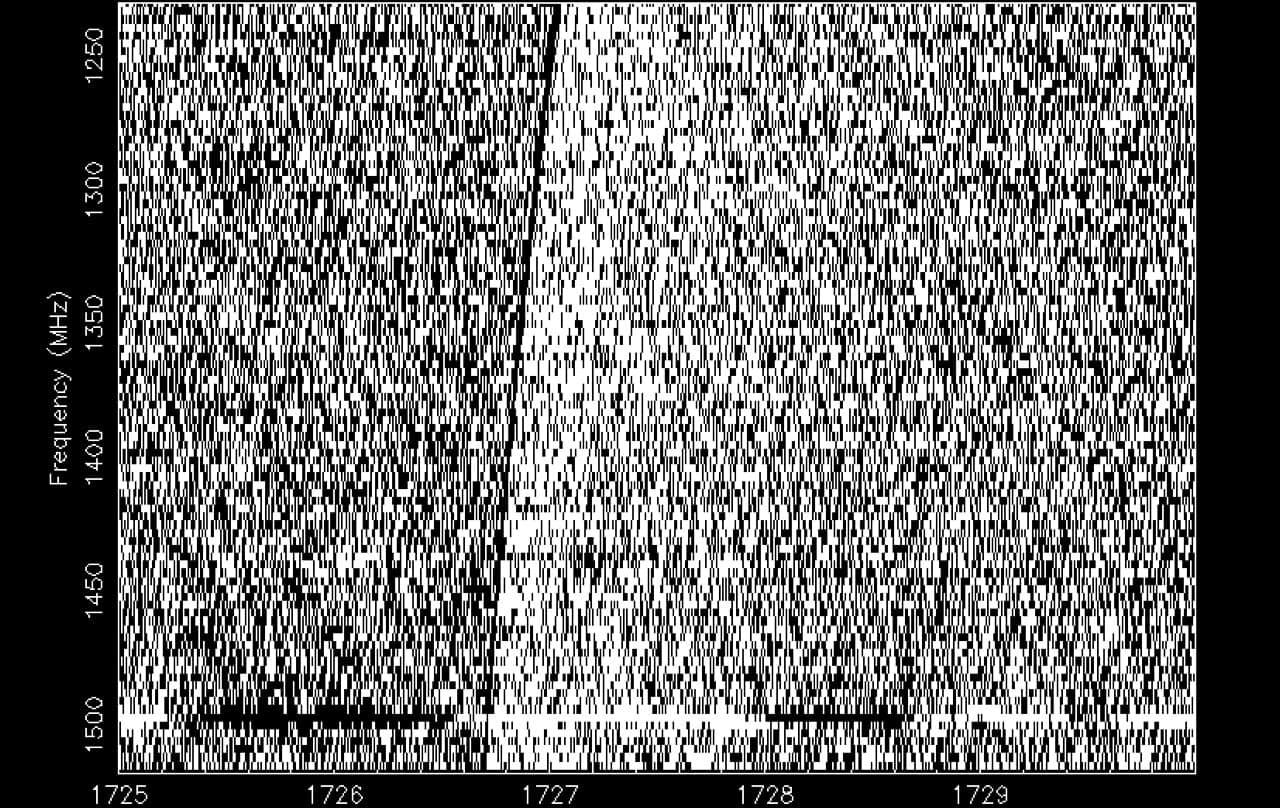
Others, however, have chosen to claim it was a signal from some type of extraterrestrial civilization. It was certainly an interesting FRB to observe. As referenced above, fast radio bursts are named as they are because of the major burst of energy that moves fast. Essentially, they last a short period of time. Yet most of the time, you’re going to have something last for up to three seconds. The fact this moved so quickly made us pay a lot more attention, giving us the knowledge that bursts can last just milliseconds. Since 2007, we have more advanced equipment to pick up FRBs. Yet the Lorimer Burst still remains one of our big cosmic mysteries.
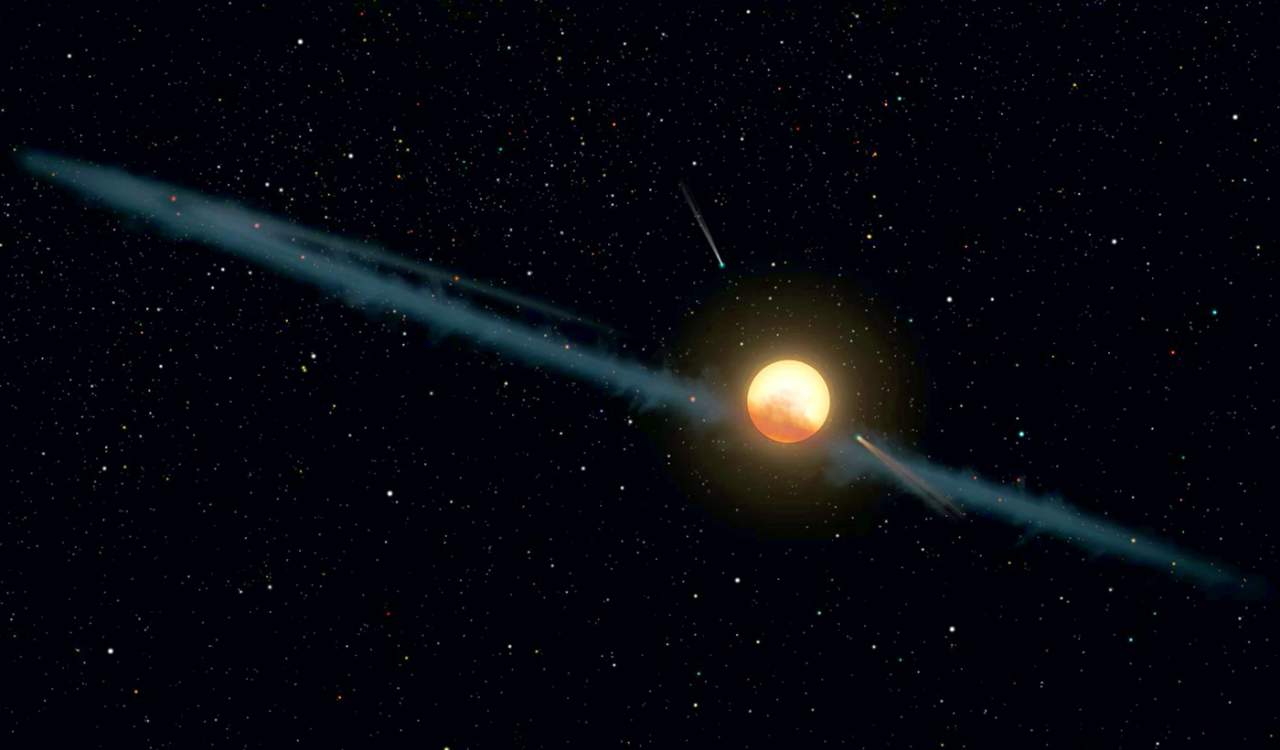
Tabby’s Star Mystery
Given the scientific name of KIC 8462852, the Tabby’s Star system has been a favorite for astronomers and scientists. It is known for exhibiting unusual light fluctuations that for years were impossible to fully explain. This led many to assume that some sort of alien megastructure was there. This would make sense, especially if some advanced civilization was using some sort of Dyson Sphere. The star was discovered by citizen scientists as part of the Planet Hunters project in September 2015. Of course, this discovery was made using the Kepler Space Telescope. It is important to reference the use of Kepler here.
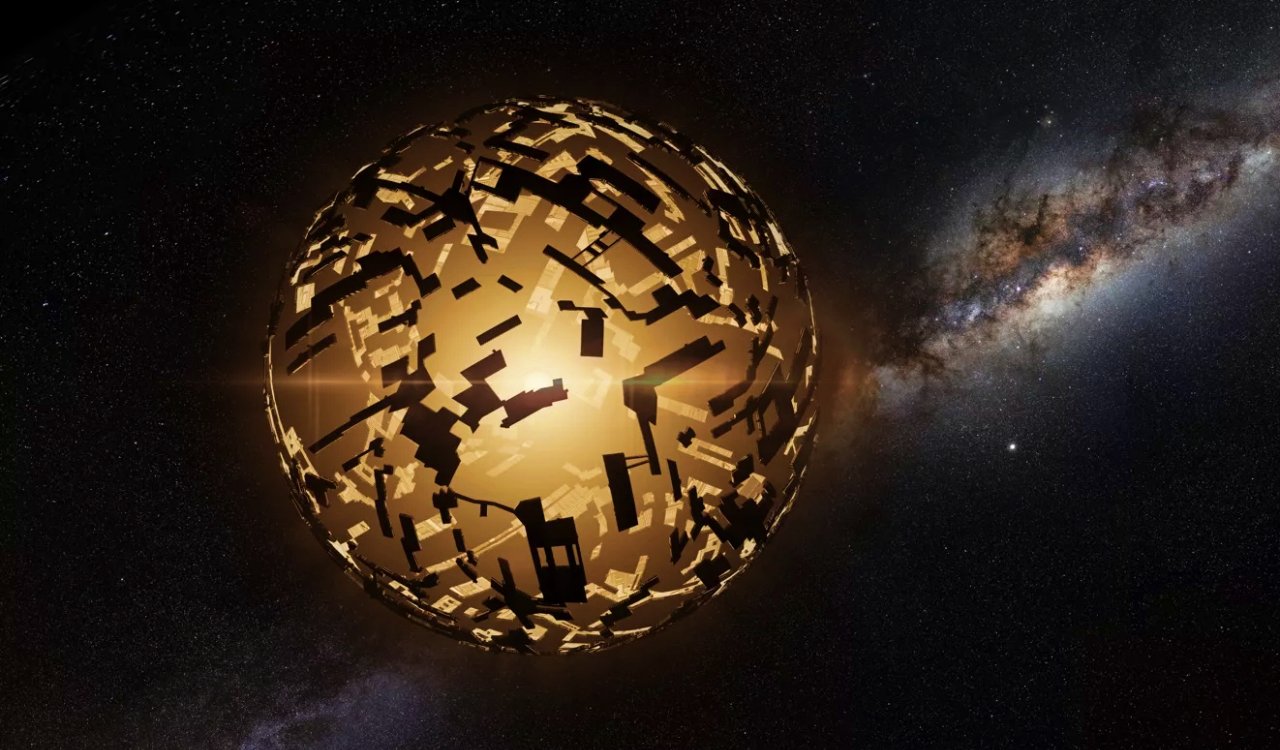
This was designed to observe changes in the brightness of distant stars in an effort to detect exoplanets. Kepler was extremely effective, as we’ve discovered hundreds of exoplanets since it was launched. What of Tabby’s Star though, why is it dimming roughly 22% in brightness off and on? Scientists have laid out several possibilities, including the presence of interstellar dust. It was also said that the star swallowed a planet, causing a temporary and unobserved increase in brightness due to the release of gravitational energy. By 2019, the prevailing theory is that dimmings from the star may have produced fragments resulting from the disruption of an orphaned exomoon. Regardless of the true reason, this star remains one of our biggest cosmic mysteries.

Alien Signals We’re Looking For Or Those We Think We’ve Detected
What types of things are we truly looking for when we discuss alien communication? Apparently, scientists are looking for a lot of things. The idea is that if aliens are trying to communicate with other sentient beings, they would do so through natural means in the universe. Any advanced society would be smart enough to do this, as it would make the most sense. This means that, by altering or using notable natural universal options, we’ll be able to pick up on that. For example, we’re watching for x-ray flares that might follow a specific pattern as well as optical/infrared signals that are modulated in an explainable way. On top of this, we’re keeping an eye on ultraviolet signals that follow specific sequences.

Ultimately, we’re looking for several based on radiation such as microwave or cosmic radiation that might show a specific frequency or degree of coherence. Extremely low-frequency, or ELF, electromagnetic waves that follow a specific pattern are also being followed. This is along with gravitational waves that do the same. Perhaps the biggest is following infrasound or acoustic signals, especially because space tends to lack very much sound as it is. Therefore, any sort of sound that can be heard is worth exploring. We’ve detected a lot of these over the years, some have yet to be explained while others have. Either way, the cosmic mysteries we’re uncovering constantly have been exciting for scientists. Because what if one day we do uncover true alien communication?
Where Do We Find This Stuff? Here Are Our Sources:
United States Library of Congress
United States Department of Defense
National Aeronautics and Space Administration (NASA)
United States Department of Justice
United Nations Office for Outer Space Affairs (UNOOSA)
European Space Agency (ESA)
Canadian Space Agency (CSA)
New York Times
Harvard University
